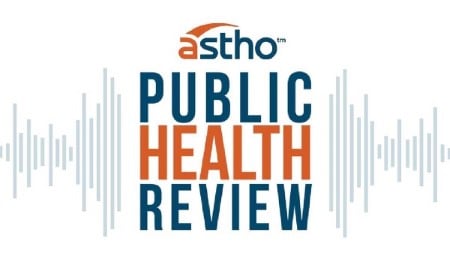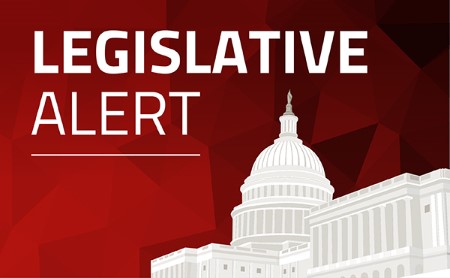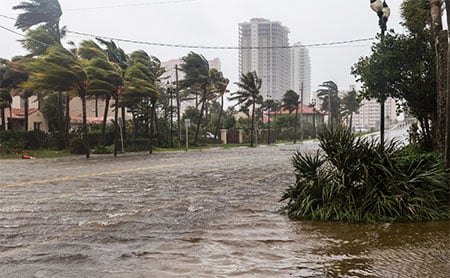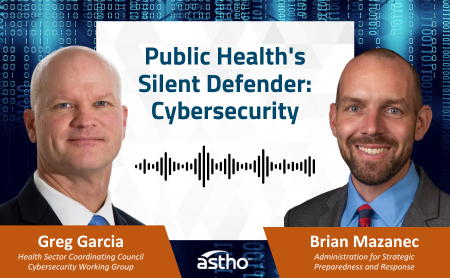ASTHO helps strengthens the nation's preparedness for emergencies by identifying and prioritizing the needs of state and territorial public health agencies. We forge partnerships with national, state, local, territorial, academic, and non-governmental organizations, and in turn, these relationships enhance the work of ASTHO members in times of crisis.
ASTHO’s core focus areas include emergency response, public health preparedness, healthcare system preparedness, radiation readiness, homeland security, disability integration, and the integration of preparedness into other areas of public health.
Featured

Public Health Preparedness: Where We’ve Been, Where We Are, Where We Are Going and Factsheets
While significant progress has been made over the past 20 years, the COVID-19 pandemic has shed light on the need to strengthen state and local capabilities to address future emergencies.
Read the Blog Post
Health Partnerships in Action: Managing COVID-19 at the Southwest Border
This podcast episode dissects concerns at the southwest United States border, where health and governmental officials find themselves managing an extraordinarily complex situation: Handling an increase in migration activity during a global pandemic.
Listen to the Podcast
20 Years of Preparedness Event Recording
In this recorded symposium, we share perspectives on advances in health preparedness, including legislation, planning, and recovery. Our sessions share how states have built preparedness departments and what our capabilities are today.
Watch the WebinarLatest Preparedness Resources

Summary of FY24 Labor, Health and Human Services, Education, and Related Agencies Appropriations Bill
Learn More





Investing in Indiana’s Public Health Infrastructure Through Community-Driven Policy Change
Learn More
Collaborations
The preparedness team manages two regularly convened member groups: the Directors of Public Health Preparedness (DPHP) peer network and the Medical Countermeasures (MCM) Coordinators peer network. The DPHP and its executive committee convene regularly to identify national-level preparedness priorities, collaborate with federal, non-governmental, and private sector partners, provide technical assistance, and develop mechanisms to inform preparedness policy, share best practices, and develop relationships.
The MCM Coordinators regularly convene to increase jurisdictional MCM operational readiness and collaborate with federal partners to provide feedback on program activities and policies.
The preparedness team also directs the Preparedness Policy Committee, which is comprised of state and territorial health officials, senior deputies, preparedness directors, alumni, and affiliates. The goal of the committee is to analyze public health and healthcare system preparedness issues and develop recommendations for state policy on issues that are important to ASTHO and its stakeholders.
Since 2011, ASTHO has co-led the National Alliance for Radiation Readiness in conjunction with CDC’s National Center for Environmental Health (NCEH). Alliance membership is comprised of 19 public health, healthcare, and emergency management organizations.
ASTHO is also co-lead of a national workgroup with the National Emergency Management Association and the National Governors Association focused on the intersection of public health, homeland security, and emergency management.